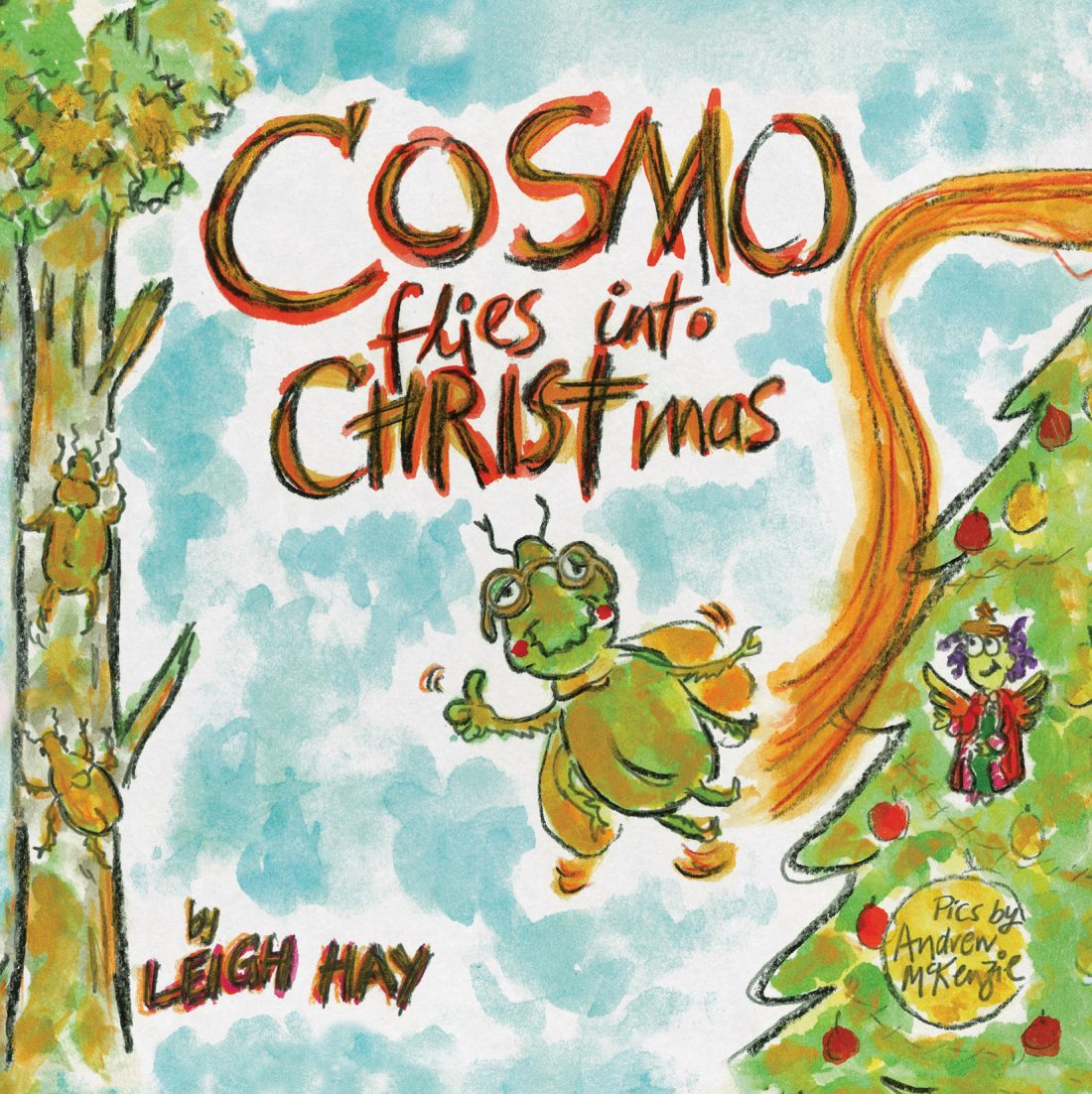
Writing for Children
I’ve often thought I’d be a wealthy woman if I had a dollar for every time I’ve heard the comment, “writing a book for kids has to be a piece of cake…you only need minimal text and pictures.” The minimal text and pictures bit makes sense (especially for a picturebook), but a piece of cake is about as wide of the mark as me being given a dollar per comment.
Children’s literature can be one of the most complex genres to write for. If you’re thinking you might like to give it a go, then I’d suggest investing in some background reading or mentorship to learn what makes for an appealing children’s book. There is a recipe for this ‘piece of cake’ but a book without the right ingredients is like a cake without flour, sugar and eggs. No child will want to eat it, let alone ask for more.
Regardless of your intended readership, certain writing tips cover all ages. A good place to start is to decide what specific age group you want to write for. Ask yourself who is your book’s audience and if your idea is appropriate for children of the age you’re aiming at. Adult thinking may not always translate to that of a child, resulting in the use of inappropriate vocabulary, characters that don’t make sense to children, or text that talks down to them. Authors can also sometimes forget to entertain the adult reader as well as the child being read to.
Try to avoid stereotypic characters or the use of themes that may have been done very successfully before (read here dragons, princesses, magic or wizards). Repetition in writing for very young children is important, as is rhyme, but only if you’re proficient and comfortable with rhyme. As a child, I was addicted to Enid Blyton’s Famous Five, and so I recently re-read a few in the series (yes, I do still have the entire collection!!). Blyton’s stereotyping of characters feels out of place today, yet the thing I loved about these novels is that the five children always had adventures on their own – no mum or dad or teachers around to continually tell them what to do. With minimal adult interference, they acted independently, made mistakes, relied on each other, and learned along the way.
Children’s stories don’t always have to have a ‘happy ever after’ ending. Writing for children has great scope for stories of independence (Sunday Chutney, Aaron Blabey); self-determination (Journey, by Aaron Becker); resilience (Gossie by Olivier Dunrea); persistence (The Most Magnificent Thing by Ashley Spires) and disability (Freddie and the Fairy – Julia Donaldson). Picture and chapter books can end on learning outcomes as opposed to happy families and the perfect world.
When writing for younger age groups, especially 0-5 years, illustrations are equally as important as the text. Illustrations tell a story too. They can complement the fantasy, sorrow, nonsense and hilarity. Finding the right illustrator is no mean feat, but when you do, your text will come alive. An eye catching cover and sharp title is what first attracts the adult who buys the book for the child. Try to keep your title either short and sharp, such as Anna Walker’s new book Snap, or ridiculously long, such as Judith Viorst’s classic Alexander and the Terrible, Horrible, No Good, Very Bad Day.
With children’s writing there can never be enough delightful nonsense (Piranhas Don’t Eat Bananas, Aaron Blabey), humour, surprise, big words, enchantment, adventure or intrigue. Kids wallow in this stuff. My children’s favourite books were dog-eared and vegemite stained. Their lift up flap books were minus the flaps. The inside covers had their names printed in bold red or black texta. My children now have children of their own but they still have their favourite books from childhood.
As with any writing, think about your market and draft your storyline and characters accordingly. With writing it’s never a good idea to sit around and wonder if you can do it. Just dive in, write from the heart, produce the messiest, roughest draft of all time, and then go back and expand your ideas, refine your words, redraft, let it cook and repeat again.
Finally, find an editor! Editors are those people with creatively pedantic minds who just love to find glitches, inconsistencies, dodgy spelling and punctuation, or stories that don’t quite say what their author is intending. A good editor will make all kinds of ‘suggestions’ (a polite word for ‘recommendations’). Editors are friendly but firm and it pays to listen and take their advice on board.
So what are you waiting for? A child somewhere is about to hang on your every word.


